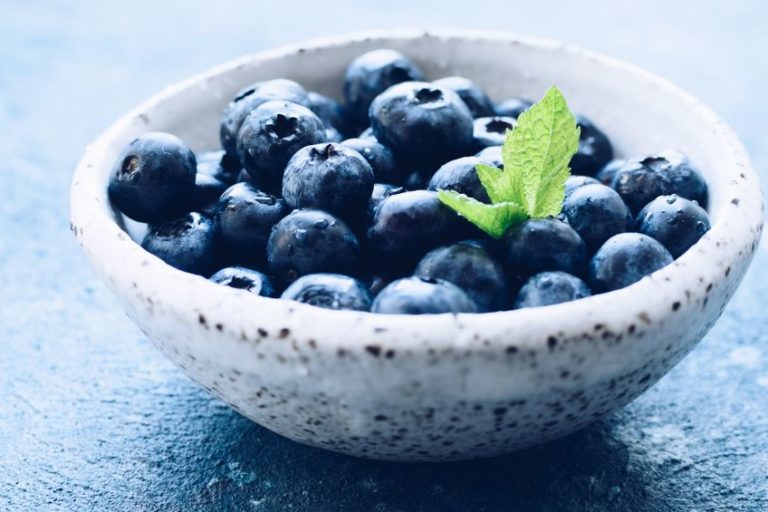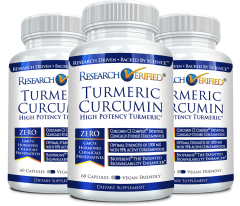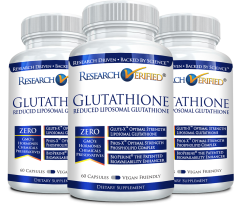You’ve likely stumbled upon the term during your health and wellness research. Maybe your friends have been chatting about these ‘miracle cures’. Either way, you are probably well aware of antioxidants. But, do you know what they are and how they work? In this article, we unpack antioxidants in more detail and discuss their roles within the body. We also make recommendations on how to find antioxidants and the best delivery methods for the best health benefits associated with them.
What Are Antioxidants?
Simply put, antioxidants are molecules that work within one’s body to eliminate free radicals. Free radicals refer to harmful compounds that develop within the body and are responsible for causing damage to all major internal organs if the level of free radicals within the body is too high (1). The primary function of antioxidants is to reduce oxidation within the body, a chemical process responsible for the creation and development of free radicals. Antioxidants can be both man-made and natural, found in various supplements as well as healthy foods, and consumed either way to receive their associated health benefits. There is little concern regarding the adverse effects of antioxidants within the body, however, certain antioxidants may react with specific medicines. Hence, it is wise to consult your health practitioner before consuming more antioxidants than usual if you are currently taking any medication.
Free Radicals and Their Role in the Body
Free radicals are unstable molecules that occur as the body experiences oxidation during exercise or the process of converting food to energy. Your body can also be exposed to free radicals via several environmental influences. Long-term ultraviolet (UV) exposure, air pollution, and much more can contribute to oxidative stress (2). Oxidative stress refers to the oxidation process that is triggered to develop free radicals, a process that is both harmful and contributes to the creation of harmful free radicals. It is important, therefore, to reduce one’s experience of oxidative stress by supporting the body with beneficial antioxidants. This can eliminate or minimize the extent and frequency of the oxidation process that can contribute to harmful health conditions if exposed to high levels of free radicals for long periods of time.
Free radicals themselves are not completely harmful. According to authoritative sources, free radicals are used by the cells to fight infection (3). That said, free radicals should never outnumber antioxidants within the body. There is a suggested tipping point, and when free radicals are more concentrated than antioxidants is when the body can experience the negative effects associated with free radicals and oxidative stress.
Types of Antioxidants
The body naturally develops antioxidants, as do plants, animals, fruits, and vegetables. Antioxidants are the primary natural defense molecules against oxidative stress and the excessive presence of free radicals. Beyond this, there are various types of antioxidants present across the various living organisms that produce them. Most notably, antioxidants are either water- or fat-soluble.
Water-soluble antioxidants perform their roles within the fluid inside and surrounding cells whereas fat-soluble antioxidants activate within the cell membrane. Their area of effect may differ, however, both play a primary role in reducing oxidative stress and balancing free radical count within the body. Below, we list two common antioxidants, one from each of the two types of antioxidants.
- Water-soluble antioxidant: Vitamin C
- Fat-soluble antioxidant: Vitamin E
Both vitamins are vital and can be found in a range of food, skincare, and health products. Natural antioxidants also include several flavonoids, powerful plant-based substances that offer several significant health benefits (4).
Where Can You Find Antioxidants?
Besides your body producing its own antioxidants, you can up your antioxidant count to fight free radicals by consuming plant and animal products high in Vitamin C, Vitamin E, flavonoids, and other essential antioxidants.
Dietary changes sit at the core of supporting your overall health and wellbeing, and positive dietary changes benefit the body thanks to the vitamins, minerals, and nutrients that they provide. Furthermore, the addition of powerful antioxidants through healthy eating is linked to living a more fruitful lifestyle (5). This is especially true for individuals that suffer from certain health conditions, such as arthritis or acne, as well as those that smoke or drink alcohol. Antioxidants are crucial to combating these conditions and minimizing the risks associated with unhealthy lifestyle habits.
There are plenty of beneficial sources of antioxidants. Berries, green tea, dark chocolate, and coffee are among the most potent providers of antioxidants. Various meat products and fatty fishes also contain high concentrations of antioxidants. In most cases, your primary source of antioxidants beyond targeted supplements should be fruits and vegetables. These are among the most common sources of antioxidants, and you can view this resource for a more detailed outline of the types of food and beverage items that provide the body with specific antioxidants (6).
The Role of Antioxidants in Supplements
Antioxidants, while commonly consumed through food, are best derived from targeted supplements that contain several core ingredients within a clinically proven product formula. Research Verified® Turmeric Curcumin is one example of a powerful antioxidant supplement that contains high concentrations of curcumin. Curcumin is a chemical compound and antioxidant that fights oxidative stress to reduce inflammation, among several additional health benefits. Research Verified® Glutathione is another antioxidant-based supplement that contains high levels of the key antioxidant Glutathione. This particular antioxidant protects the cells against environmental toxins, supporting liver health and promoting optimal cell function.
These are examples of antioxidant-based supplements that provide the highest concentration of antioxidants at the safest dosage for optimal health benefits. Their formulas are more powerful than diets prioritizing antioxidants as they are specifically designed to fight free radicals and reduce oxidative stress. The role of antioxidants in supplements is to provide the body with an effective and efficient delivery method of high-quality ingredients necessary for total protection against oxidative stress. That is why individuals turn to these scientifically-supported supplements in combination with a healthy and well-balanced diet for optimal results.
In conclusion
Antioxidants are naturally occurring within the body, but there is often a higher concentration of free radicals present for antioxidants to function as effectively as possible. High counts of free radicals are dangerous as, although they support various internal functions, an imbalance of antioxidants and free radicals can contribute to the development of various health conditions. This is because oxidative stress, the reaction whereby free radicals develop, damage internal organs and processes.
For this reason, it is essential that individuals source more antioxidants than their bodies produce. This can be done by consuming foods or beverages that contain high concentrations of antioxidants or by consuming antioxidant supplements. In most cases, these clinically proven supplements are more effective and efficient at delivering ideal health results at they contain an optimal concentration of the core antioxidants. Antioxidant supplements like Research Verified® Turmeric Curcumin and Research Verified® Glutathione provide an ideal dosage of the most essential antioxidants with little risk of adverse side effects. Therefore, a combination of a healthy diet that includes antioxidant-rich foods and quality antioxidant supplements should help individuals achieve a more balanced and healthy lifestyle.





